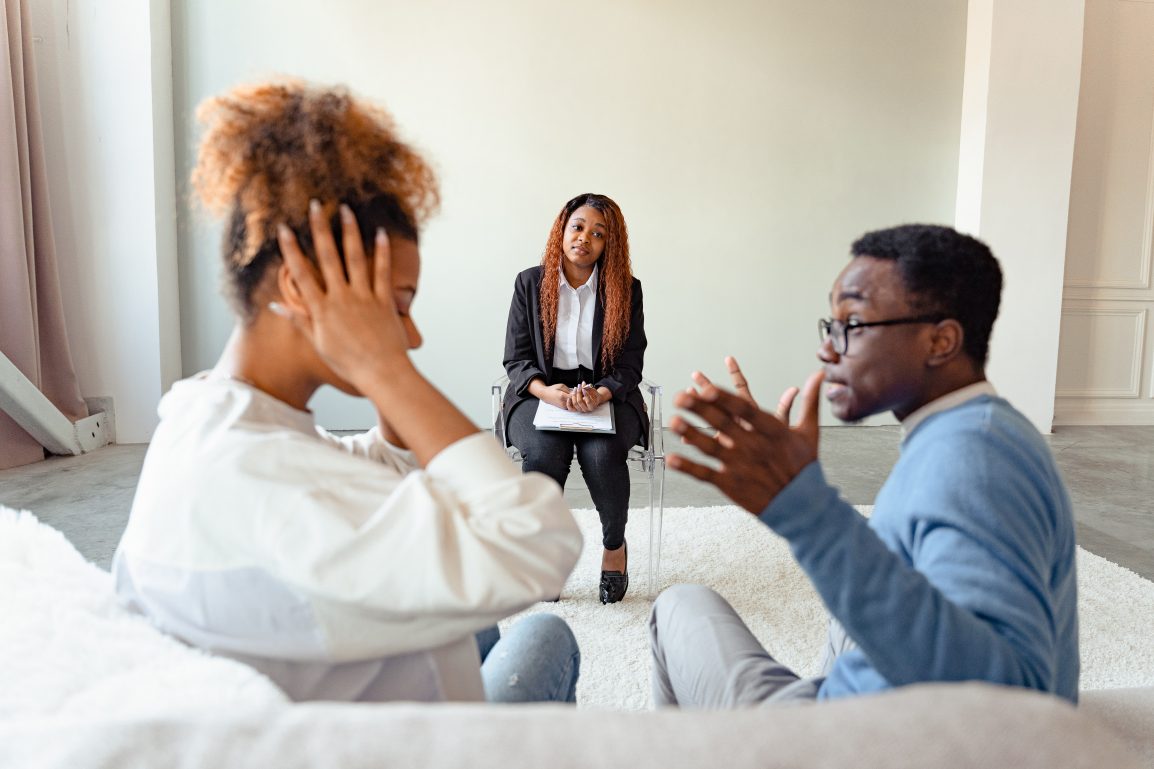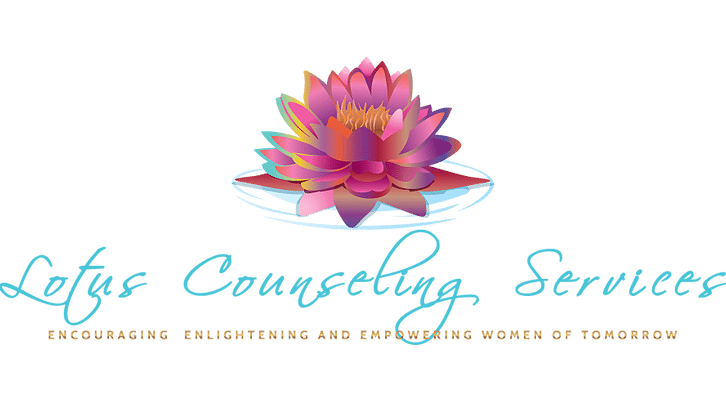Emily Bach is a regular contributor for GirlSpring and writer from Washington, DC.
Unhealthy relationships exist in all shapes, sizes and forms. Unfortunately, there’s no foolproof method for diagnosing one, but there are a few general trends you should watch out for.
A commonly difficult distinction for teenagers is that of healthy and unhealthy fighting. It’s natural for couples to fight, particularly at our age, but it shouldn’t become the normal. If you and your partner seem to bicker more than not, that’s probably a good sign that something needs to change. Also, considering how you feel when you are fighting is likely a good indicator of the status of your relationship. You should always love and want to be with your partner, but not before loving yourself. If you start to feel like you would sacrifice your personality, beliefs or feelings to end a fight, in most scenarios, that is a sign of something that needs to be fixed. That isn’t to say compromise is unhealthy, but rather that you should be able to compromise while still maintaining the key parts of what makes you, you.
Additionally, as teenagers, it’s often hard to recognize when something is going wrong. A lot of the time we become so complacent with our situations, whether they’re positive or negative, that we forget to question how we feel. This is always something you should be doing regardless of whether you are, or are not, in a relationship. Asking hard questions like, am I happy with who I am, are necessary in order to further a mindset that allows you to evaluate what is or isn’t healthy. Taking a step back and looking to how you feel around people, and what your primary sources of stress are, can be a good indicator to the status of a relationship.
Sometimes it’s difficult to find the place within ourselves to look at relationships inquisitively. For situations like these, I suggest looking to people close to you that aren’t your partner. If you’re unsure of who to ask, sometimes talking to close friend or parent about their feelings on your partner can point you in the right direction. Or, if you’re not comfortable asking parents or friends about your partner, posing questions to them about how they feel you’ve been acting lately may be effective as well.
After you’ve done some soul searching, figuring out the next steps can be incredibly challenging. If you feel the issue with your relationship is more of an internal one, taking some time to yourself, whether it’s a day or a month, can be helpful in finding the right state of mind. If you think the issue lies further in your relationship, talk to your partner. Let them know what you feel is going wrong, and if you want to, how to fix it. As important as it is to communicate, it’s also vital to recognize that sometimes relationships aren’t worth saving. If you aren’t happy, and don’t see yourself being happy soon, prioritizing yourself over a relationship is the best option.
Regardless of what you discover or choose, try to remember that as important as your partner is, they can’t tell you how you feel. Their actions, unintentional or not, do have consequences on you, and often the blame doesn’t fall on any one individual, but shows that something isn’t working.
Art by Ariva Liean via tumblr







